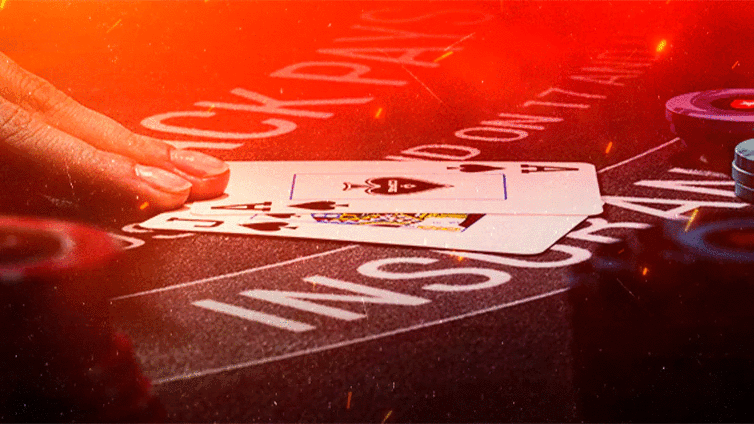Gambling can be a source of entertainment for many people; however, in certain instances, gambling can become an addiction that can lead to financial issues, relationship stress, and even suicide attempts. It is believed that 6 percent of North Americans will suffer from an addiction to gambling at some point in their lives. Gambling addiction is a major issue. Pathological gambling addictions are more prevalent in males than women or in specific ethnic groups. Gambling can trigger a rush when you win and lose or lose, and often the gambler cannot control their urge to gamble. This is when it can become an issue. There are various degrees of addiction to gambling. Each one is treated differently, based on the particular needs of the addicted.

The signs of addiction to gambling include but aren’t restricted to:
- Constantly thinking or talking about, or making plans for gambling sessions.
- Playing at work or when you’re expected at home.
- Accumulating debt due to gambling.
- Lying to get money.
Using illegal methods to fund gambling and ignoring family or other personal obligations. The need to play to ease anxiety or to escape reality. Of course, numerous other indicators could indicate a problem with gambling even though gambling addiction is typically evident.
The treatment programs are varied and are designed specifically according to the needs of addicts. The most effective therapies typically include professional counseling and support groups for users. The use of medication can help combat depression, mood swings, and anxiety that addicts might experience when they withdraw. Cognitive behavior therapy and psychotherapy can also be used to counteract the negative effects associated with gambling with positive effects and promote an optimistic and healthy attitude toward gambling. Group therapy can also be a good location for support from users and feedback.









